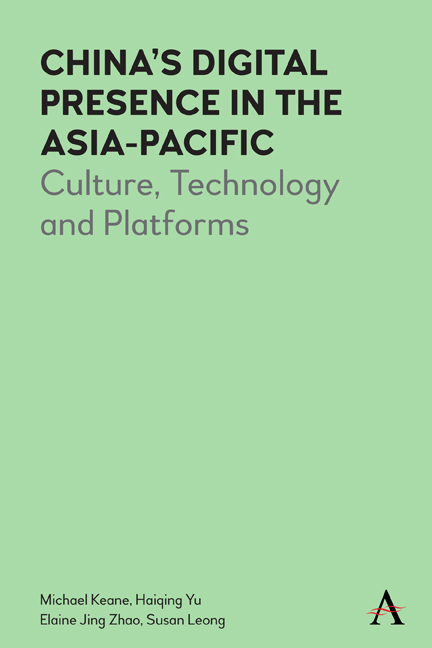Introduction: A Giant Awakening?
Published online by Cambridge University Press: 20 January 2022
Summary
Napoleon Bonaparte, emperor of France, is said to have called China a sleeping giant. While the veracity of the quote attributed to Napoleon sometime in the dying embers of the eighteenth century is open to question, its relevance to China's global presence is emblematic of the state of geopolitics in the early twenty-first century. Up until the 1980s people in China were living under a planned political system, a system that has since become increasingly capitalist. It's a cliché to say that the impact of China is everywhere you look. Ask anyone in the developed world where most of their consumer goods come from. In the developing world too, China's presence is ubiquitous.
Many commentators have pondered the exact significance of President Xi Jinping's Chinese Dream, unveiled to the masses in 2012. Does Xi's dreamscape allude to an awakening or is it just a convenient riposte to the American Dream? After all, why can't Chinese people dream of a good life, of becoming successful, of being famous? Throughout China, media promotes positive slogans: ‘a community of shared future’, ‘positive energy’ and the ‘great rejuvenation’. The last of these is probably most pertinent. Is the Dream a metaphor for a utopian future, a great rejuvenation?
The proclivity to see the Chinese nation as a rising technological power informs global strategy and global business. The Chinese government is advancing its interests abroad, expanding the economy. China's reach is extended by infrastructure projects and digital connectivity. As the strategist Parag Khanna maintains, somewhat hyperbolically, ‘Connectivity is destiny […] Infrastructure is like a nervous system connecting all parts of the planetary body; capital and code are the blood cells flowing through it.’ Indeed, such a description accords well with Chinese metaphysics. China's destiny is to be great once again: the time has arrived, at least that is the sentiment fermenting in Beijing.
This book explores China's digital presence in relation to its cultural influence. The focus is the Asia-Pacific, a region that is most proximate to the People's Republic of China, where one finds the settled existence of theChinese diaspora and where many people connect with, consume and share Chinese media and cultural products.
- Type
- Chapter
- Information
- China’s Digital Presence in the Asia-PacificCulture, Technology and Platforms, pp. 1 - 10Publisher: Anthem PressPrint publication year: 2020



